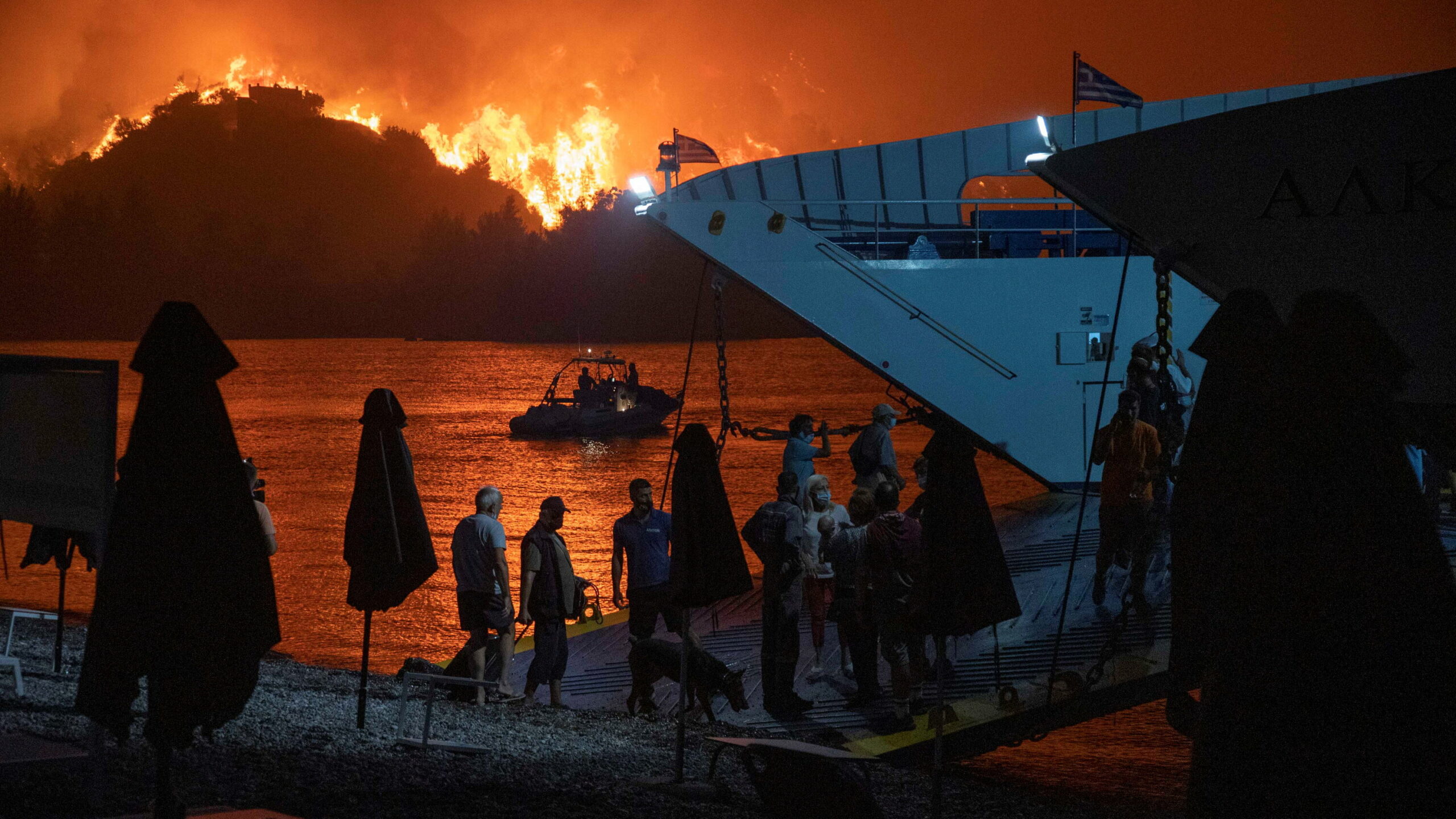The summer of 2023 has been marked by unprecedented devastation in Greece, as two ferocious fires have swept across the landscape, claiming the lives of at least 41 individuals. This calamity has not only cast a pall over the affected regions but has also urged a profound reconsideration of how governments respond to natural crises and the measures taken to ensure community safety.
The fires, fueled by a combination of extreme temperatures, prolonged drought, and strong winds, have transformed serene natural vistas into infernos. As flames engulfed both rural and urban areas, residents were compelled to evacuate in haste, leaving behind their homes and possessions. Eyewitness accounts describe scenes of chaos and desperation, with families huddled along evacuation routes, their faces etched with fear and uncertainty.
Authorities now face the daunting task of managing the aftermath. With thousands displaced and infrastructure in ruins, the government’s response comes under scrutiny. Questions swirl regarding the adequacy of emergency planning and the allocation of resources to combat such escalating disasters. Why were warnings not heeded? Could local authorities have acted more swiftly? These inquiries resonate deeply, as many feel the weight of accountability intensify.
The fires have highlighted the vulnerability of Greece’s natural environment, which is often romanticized for its breathtaking beauty. The lush landscapes, rich biodiversity, and cultural heritage that attract millions of tourists annually are now at stake. Conservationists warn that the recurrence of these events could precipitate irreversible ecological damage, emphasizing the urgent need for comprehensive environmental policies.
In the crucible of tragedy, there emerges an opportunity for transformation. Greece stands at a critical juncture, wherein lessons drawn from this calamity can forge stronger, more resilient communities. A paradigm shift towards proactive environmental stewardship, enhanced disaster preparedness, and community engagement could be catalyzed by this crisis. The focus should not only be on responding to fires as they arise but also on implementing sustainable practices to mitigate their occurrence.
Public discourse has begun to pivot, with citizens advocating for a more robust dialogue on climate change and its manifestation through such catastrophic events. As researchers connect these dire weather patterns to global climate phenomena, it becomes incumbent upon society to confront the realities of a warming planet. The narrative surrounding Greece’s fires serves as both a cautionary tale and a rallying cry for change.
As the next phase of recovery unfolds, it is imperative for all stakeholders—governments, organizations, and citizens alike—to contemplate their role in fostering a secure future. The harrowing events of this summer may well be etched in memory not merely as a tragedy but as a turning point, sparking a renewed commitment to a harmonious coexistence with our planet.
